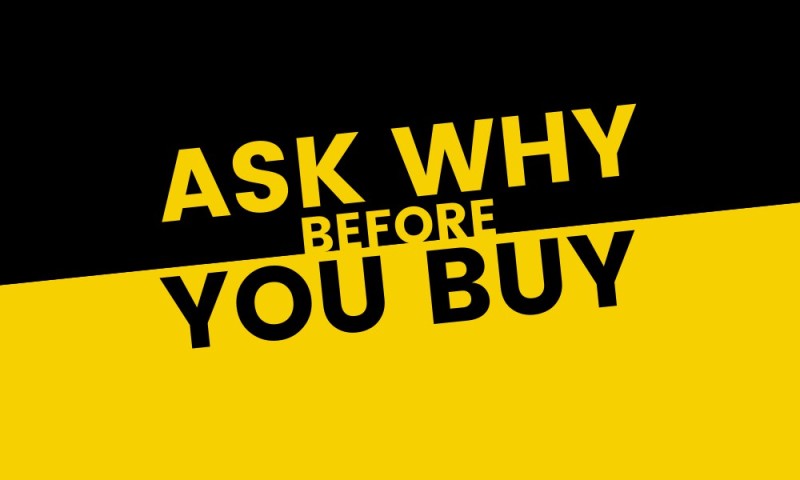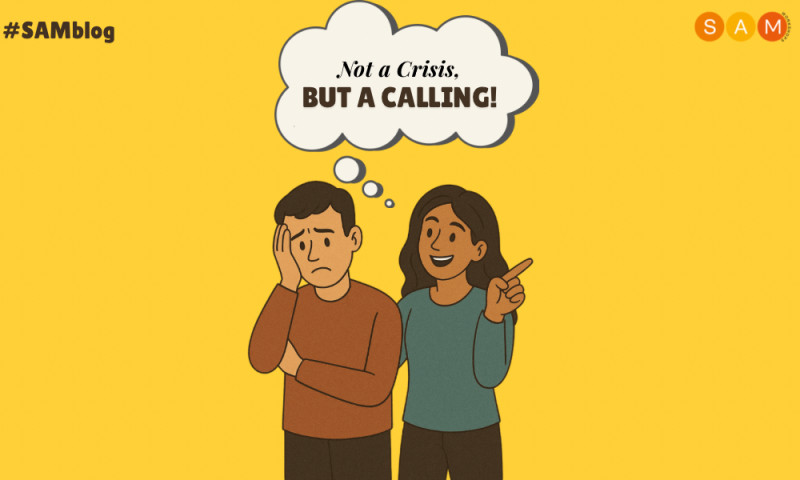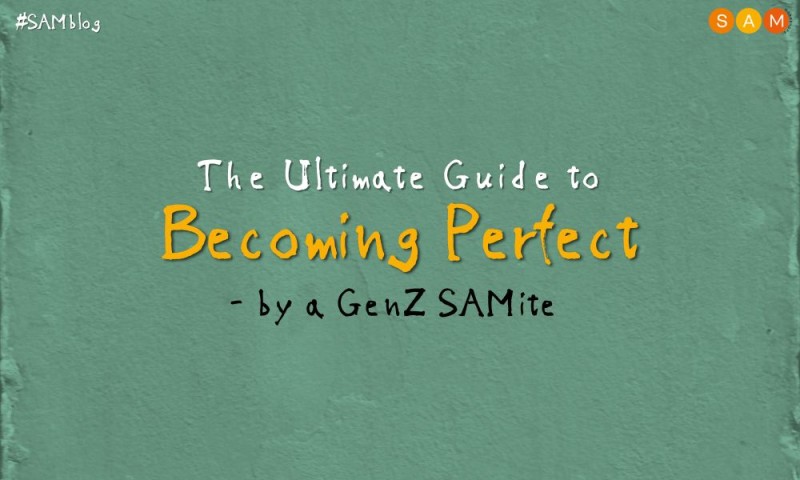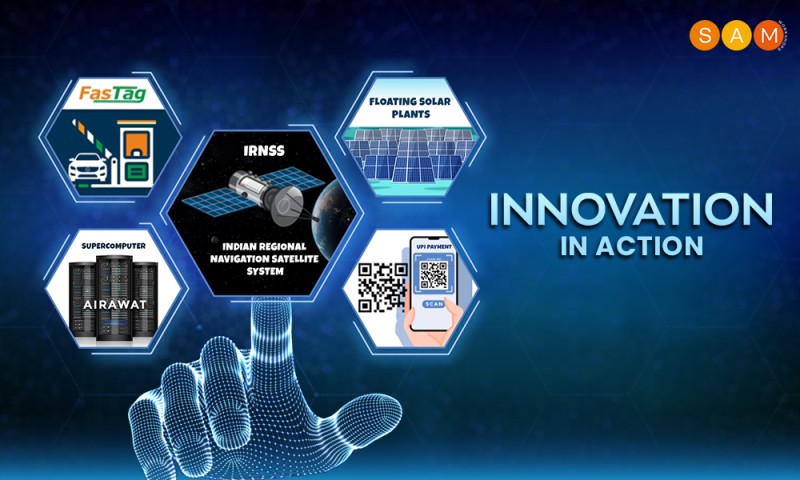Most of us do not need as much as we have. In the UK, one study found that children have on average 238 toys, but only play with 12 of them on a daily basis. We are addicted to accumulation. Modern culture has bought into the lie that the good life is found in accumulating things and in possessing as much as possible. We think that the more we have, the happier we will be. Buying unnecessary items on Amazon with credit cards is an easy way to exert some feeling of control over our precarious surroundings.
If you told a person, they had to give up everything and only get by with the bare necessities of life they would probably ask why. They would wonder why not take advantage of the inventions and the luxuries that are available. They will say they have earned the right to live their life the way they want to. They are right about this. What they do not know is that consuming too much or consuming in an ill-informed manner can undermine both personal and planetary health. Minimalist living can benefit them in many ways they may not be aware of.
The image some people have of a minimalist lifestyle is giving up all of the modern conveniences of the world. They imagine owning only a few pieces of clothing, a tiny house with nothing but a mattress and zero waste. There may be some people who are living like this, but not everyone who is embracing minimalism has to take it this far. There are other ways minimalism can be utilized that do not require any real sacrifices.
Being a minimalist means that we value ourselves more than material things. It is about living with intention. Becoming intentional with what we choose to do and own impacts our way of living, thinking and perspective on life. Embracing minimalism brings freedom from the all-consuming passion to possess. It helps us value relationships and soul-care. It lets us see all that we already have and reminds us to be grateful.
Marie Kondo, a Japanese tidying expert, in her bestselling book, The Life-Changing Magic of Tidying Up talks about a minimalism-inspired model, the KonMari Method. The KonMari Method encourages people to get rid of items that no longer have a purpose or no longer ‘spark joy’ and keep items that are purposeful and meaningful. Because we are actively choosing items that spark joy and discarding what does not, the intention of the KonMari method is to end up with a clutter-free home that is better able to bring more joy in our lives. While tidying, Marie Kondo encourages us to visualize the life we want to live - to be less stressed, for example, and what we need to get there. Anything that won’t help on that journey isn’t deserving of our space, she says.
Over the years, our lives have become tech-centric to a point that it is starting to ‘own’ us. Some alarming numbers from research show that on an average, a person is likely to use 56+ apps and tools a day and switch between them more than 300 times; 1 of every 5 minutes spent online is on social media; the average adult checks their email 45 times in a day. It’s time to put an end to this madness.
As a part of Minimalism, Digital Minimalism embraces the same philosophy: to be intentional with our use of technology. Digital minimalism is not just about deleting Facebook or learning a better way to clear out our inbox. It is about intentionally shaping our digital lives around our values so we can feel good about the apps and tools we use on a daily basis. It is cleaning up our digital life to use just what we need in the most efficient way possible.
Minimalism can mean different things to different people. And that’s ok. Minimalism is something that should be personal and unique to the person living it. There is no single set of rules or standards that we must follow and meet to be a minimalist. What is important is that we have a clear vision of what a simple, minimalist lifestyle means to us.
Life as a minimalist can actually be easier in many ways. We will spend less time cleaning, picking up, looking for things, maintaining and organizing our stuff, etc. After adopting a minimalist mindset, many people see that things they thought made life easier are actually stealing their time and their space.
However, minimalism is not something that we do once and are done with. It is easy to delete and declutter our digital and material lives in one big swoop and then immediately start collecting junk again. That is why minimalism is a process. It is not something that we do, it’s something that we are. Therefore, we need to become a better gatekeeper of what we allow in our lives. Constantly purge anything that does not add value to our lives. By choosing Minimalism, we can fill our lives with stories to tell, not stuff to show.




0 Comment